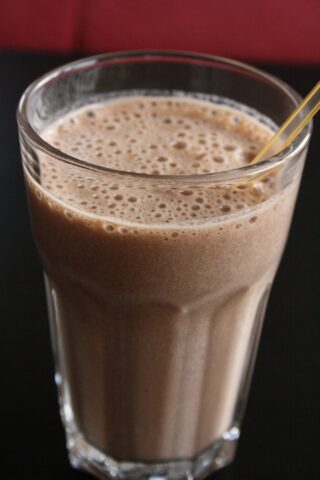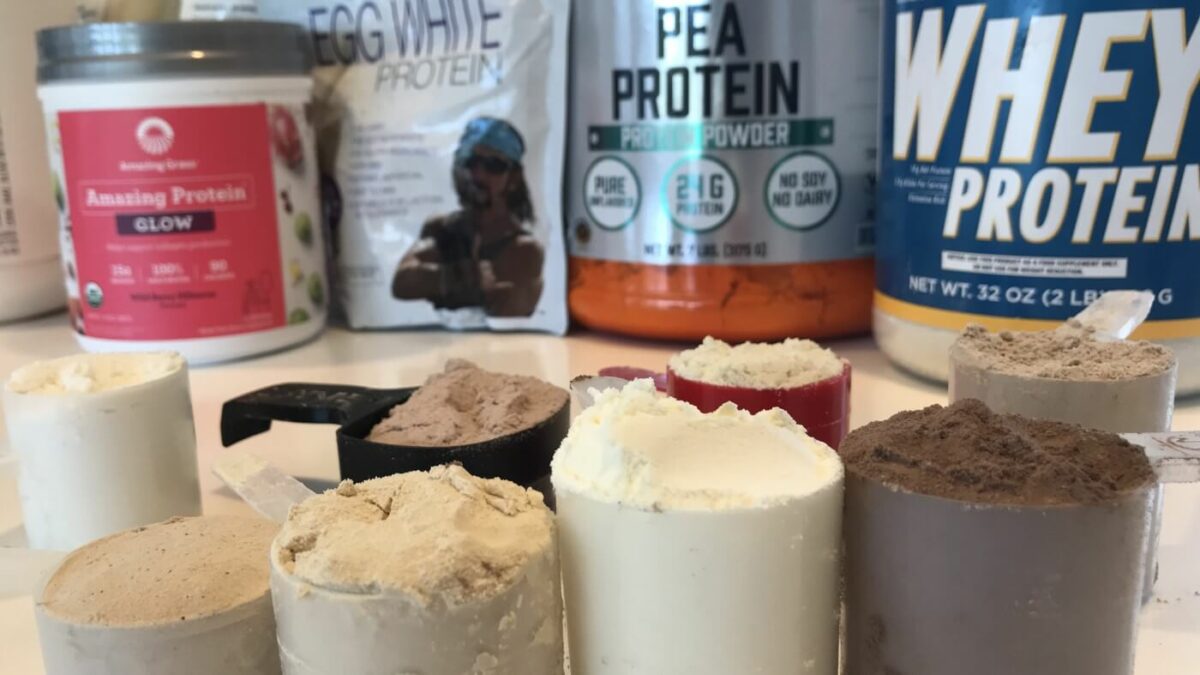Protein is often touted as the building block of muscle, an essential nutrient for anybody looking to enhance their fitness levels. Yet, with a myriad of protein sources in the market, selecting the right one can be as daunting as the workout itself. Whether you’re a seasoned athlete or just stepping into the gym, understanding the differences between whey, casein, plant-based alternatives, and their various applications can drastically improve the outcomes of your fitness regimen.
In this comprehensive guide, we’ll dissect the various sources of protein, uncover factors that should sway your choice, and demystify the jargon surrounding protein powders. By the end, you’ll know exactly which powder is going to best meet your individual health and fitness needs.
Types of Protein Sources
Whey Protein
Whey protein is one of the most popular protein supplements on the market. It is derived from the liquid part of milk that separates during cheese production. Known for its high concentration of typically fast-digesting proteins, it is often the go-to choice for post-workout recovery.
Casein Protein
Casein, just like whey, is derived from milk. It constitutes 80% of the proteins in cow’s milk, and while not as quickly absorbed as whey, it provides a slow release of amino acids into the bloodstream that’s beneficial for overnight muscle maintenance and during periods of fasting, like during sleep. However, some individuals may have a sensitivity or allergy to casein. A food sensitivity and/or allergy test would be a way to determine if you have an issue with casein.
To learn more about food sensitivity testing Click Here

Plant-Based Proteins
The plant-based movement has catapulted soy, pea, and hemp proteins into the spotlight due to their high protein content and being a complete protein source. These alternatives have gained popularity as they cater to vegans, those with lactose intolerance, and individuals looking to reduce their environmental footprint.
Egg Protein
Egg protein is made from the whites of eggs, offering a valuable alternative to those who wish to avoid dairy and are not strictly following a vegetarian or vegan diet. It’s a complete source of protein and low in fat.
Collagen Protein
Collagen is different from the typical ‘muscle-building’ proteins as it’s the main structural protein in various connective tissues, responsible for skin elasticity and joint strength. Often included to support more than just muscle growth, it can contribute significantly to overall health beyond exercise recovery.
Factors to Consider When Choosing Protein
Dietary Restrictions
Those with allergies or specific dietary choices, such as veganism, might need to eliminate certain protein sources. Understanding the components of each type of protein and potential allergens will help you select products that align with your dietary needs.
Fitness Goals
Your protein choice should complement your objectives. Are you looking to bulk up, lose weight, or enhance endurance? Different protein sources serve various purposes, and selecting one that supports your specific goals can be key in attaining them.
Taste and Texture
Enjoying your protein is crucial to maintaining a consistent intake. Some people prefer the creaminess of casein, while others may opt for the quick mixability of whey. Plant-based proteins also come in a range of textures and flavours, with some offering a grittier experience while others are smoother, which can sometimes mimic the mouthfeel of dairy-based proteins.
Digestibility
Does your stomach get upset after a protein shake? Digestibility is vital, especially if you’re consuming protein multiple times per day. Casein can be easier on the stomach for many than whey, and plant-based proteins are often lauded for their gentleness on the digestive system.
Benefits of Each Protein Source
Muscle Building
Proteins such as whey and casein are frequently consumed by those looking to build or maintain muscle mass. Their amino acid profiles, which are rich in branched-chain amino acids (BCAAs), promote muscle protein synthesis—a key process in muscular development.
Weight Management
Proteins like whey and plant-based sources are often lower in calories than their casein counterparts, making them a great option for those watching their overall caloric intake while still getting the nutritional benefits of protein.
Recovery and Immunity Support
Proteins such as collagen can be instrumental in healing and recovery due to their effects on connective tissue repair, while whey and casein support the immune system with their high amounts of cysteine, an amino acid precursor to the antioxidant glutathione.

Comparison of Protein Powders
Nutritional Value
Protein powders are not all created equal. Looking at the nutritional content, you’ll find that some are higher in protein per serving while others may offer more variety in terms of added vitamins, minerals, and fibre. Evaluate according to your needs.
Price and Availability
The cost and availability of protein powders can vary greatly based on brand, location, and the type of protein. Committing to a long-term plan that fits your budget and is practical to obtain will translate to consistent consumption and, ultimately, better results.
Taste and Mixability
Subjective as it is, enjoying the taste and finding a protein supplement that mixes well with your preferred base (milk, water, almond milk, etc.) can mean the difference between happily sipping and choking down a less-than-pleasant concoction.
Conclusion
Determining which protein source is right for you involves careful consideration of your health, fitness goals, dietary preferences, and individual tolerance. By understanding the properties and applications of each type of protein, you can tailor your intake to support your body’s needs as you work towards achieving your fitness milestones. Remember, the right protein won’t do the work for you, but it can be a powerful ally in reaching your desired health and fitness outcomes.






